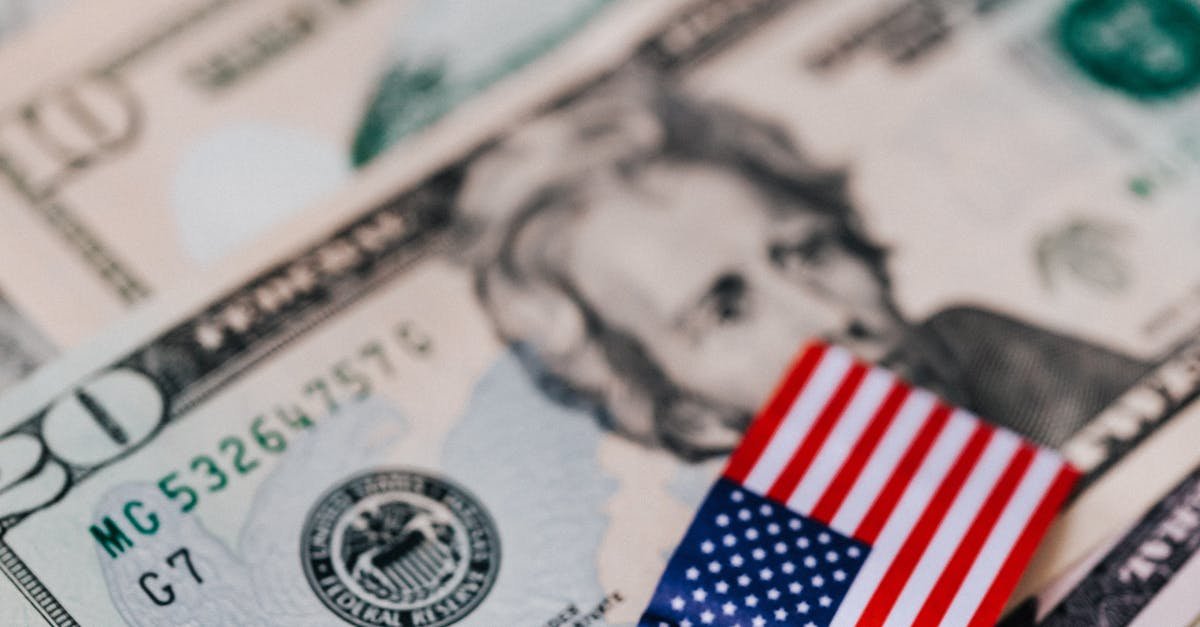Understanding overdraft fees is essential for anyone using a bank account, especially with a major institution like Bank of America. Overdraft fees can add up quickly, leading to unexpected financial strain. This article outlines important aspects of Bank of America’s overdraft fees, helping you navigate your banking experience more effectively.
General Overview of Overdraft Fees
Overdraft fees occur when you spend more money than what is available in your checking account. Bank of America, like many banks, charges a fee for this service, which can lead to significant costs if not managed properly.
Fee Structure
Bank of America has a specific fee structure for overdrafts. Typically, the bank charges a fee each time your account is overdrawn, with a maximum number of fees charged per day. Understanding this structure can help you manage your account better.
How to Avoid Overdraft Fees
There are several strategies to avoid overdraft fees, such as keeping track of your spending, setting up alerts, or linking your savings account to your checking account for overdraft protection. These measures can help you maintain a positive balance and avoid unnecessary fees.
Overdraft Protection Options
Bank of America offers overdraft protection options, including transferring funds from a linked savings account or a credit card. Knowing these options can provide a safety net and help prevent overdraft situations.
Impact on Credit Score
While overdraft fees themselves do not directly affect your credit score, the consequences of being overdrawn, such as unpaid overdrafts or closed accounts, can have a negative impact. It’s important to manage your account to maintain a healthy credit profile.
Customer Support and Resources
Bank of America provides various customer support resources to help account holders understand their overdraft policies. Utilizing these resources can provide clarity and assistance in managing overdrafts effectively.
Recent Changes in Policies
Banks frequently update their policies regarding overdraft fees and protections. Staying informed about any recent changes at Bank of America can help you adapt your banking strategies and avoid surprises.
| Aspect | Details | Fee Amount | Notes |
| Standard Overdraft Fee | Charged for each overdraft transaction | $35 | Maximum of 4 fees per day |
| Overdraft Protection Transfer Fee | Fee for transferring funds from savings | $12 | Only charged if a transfer occurs |
| Maximum Daily Fees | Limit on fees charged in one day | 4 transactions | Can lead to up to $140 in fees |
| Grace Period | Time to deposit funds to avoid fees | N/A | No grace period for overdrafts |
| Refund Policy | Possibility to request a fee refund | N/A | Depends on account history |
| Account Alerts | Notifications for low balances | N/A | Helps prevent overdrafts |
| Linking Accounts | Linking savings for overdraft protection | N/A | Helps avoid overdraft fees |
Being informed about Bank of America’s overdraft fees and policies can save you money and help you manage your finances more effectively. Understanding how to avoid these fees and what options are available can lead to better financial health.
FAQs
What is the standard overdraft fee at Bank of America?
The standard overdraft fee at Bank of America is $35 for each transaction that overdraws your account.
Can I get a refund for overdraft fees?
Yes, you can request a refund for overdraft fees, but it is subject to Bank of America’s policies and your account history.
How can I avoid overdraft fees?
To avoid overdraft fees, keep track of your account balance, set up alerts for low balances, and consider enrolling in overdraft protection options.
What happens if I exceed the maximum daily overdraft fees?
If you exceed the maximum daily overdraft fees, you will incur the maximum allowed fees for the day, which is typically up to four overdraft fees, totaling $140.

